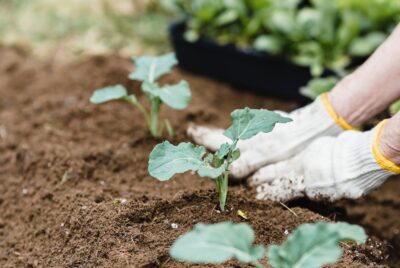RESEARCH
Experiences of Outdoor Nature-Based Therapeutic Recreation Programs for Persons with a Mental Illness: A Qualitative Systematic Review
Summary
This review examined the experiences of adults with mental illness who participated in outdoor nature-based therapeutic recreation programs. The researchers analyzed 18 studies to understand how these programs affected participants’ mental health and well-being. They found that people with mental illness generally enjoyed these outdoor activities and felt they positively impacted their mental health. The programs provided a welcoming social environment where participants could form meaningful connections with others. They also helped boost self-esteem, physical activity levels, and gave participants a sense of purpose and accomplishment.
The paper highlighted several benefits of these outdoor programs for people with mental illness. Participants reported feeling more motivated, overcoming challenges, and developing a stronger sense of identity. The natural outdoor settings seemed to play an important role in these positive outcomes. The researchers suggest that healthcare providers and program designers can use these findings, along with other research, to create meaningful outdoor activities for people with mental illness.







